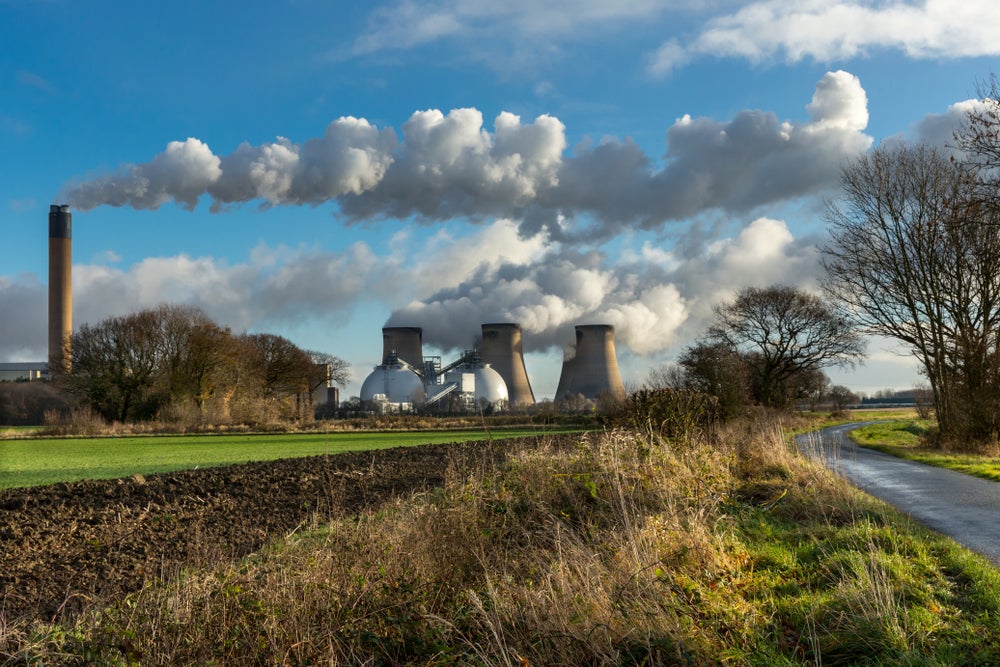
UK-based power plant operator Drax is planning to set up an independent carbon removal business as the company looks to expand its stake in low-emissions energy technologies.
The new business will be operationally separate within the Drax Group and headquartered in Houston, US, Drax said in a press statement on Thursday.
The US-based company will be led by Laurie Fitzmaurice, a senior energy infrastructure expert, who has nearly 30 years of experience in business development. Drax intends to formally launch the new entity later this year.
Drax CEO William Gardiner said: “The new entity will bring focus and will scale the company’s ability to deliver carbon removals to organisations looking to reduce their carbon footprints. Delivering the ambitious targets will see the new entity become a leader in the growing carbon trading market.”
The announcement comes just days after the UK Government granted approval for Drax’s plans to develop carbon capture technology at its biomass power plant in North Yorkshire, UK. According to estimates from climate think tank Ember, the project could cost billpayers up to £43bn ($54.55bn).
Under its current plans, Drax will fit two of its four biomass units with carbon capture technology, which would see them converted to bioenergy with carbon capture and storage (BECCS) stations.

US Tariffs are shifting - will you react or anticipate?
Don’t let policy changes catch you off guard. Stay proactive with real-time data and expert analysis.
By GlobalDataDrax’s announcement also comes one day after independent public spending watchdog the National Audit Office (NAO) published a report on its biomass spending.
According to the report, the UK Government has provided more than £20bn in public funds to business development and biomass energy usage, which remains a key pillar of its net-zero plans. Drax and the government have argued that the wood used for fuel at its biomass plant is sustainably sourced and therefore the energy produced can be considered sustainable.
The NAO report found that the government “cannot currently demonstrate that its approach to making sure generators comply with its sustainability requirements is adequate”.
The authors of the report wrote: “The NAO’s report sets out its view that the lack of an evaluation means the government cannot demonstrate that its current arrangements are adequate to give it confidence that industry is meeting sustainability standards.”
Gareth Davies, head of the NAO, said: “If biomass is going to play a key role in the transition to net zero, the government needs to be confident that the industry is meeting high sustainability standards.
“[The] Government must review the assurance arrangements for these schemes, including ensuring that it has provided adequate resources to give it assurance over the billions of pounds involved.”
This is not the first time Drax has faced criticism over its sustainable branding. The UK’s energy regulator, Ofgem, has launched a number of probes into the company over allegations of greenwashing, several of which came last year.
Initial investigations by the regulator were triggered by findings from the BBC’s investigative programme, Panorama, in which Drax was accused of greenwashing and serious environmental harm.



